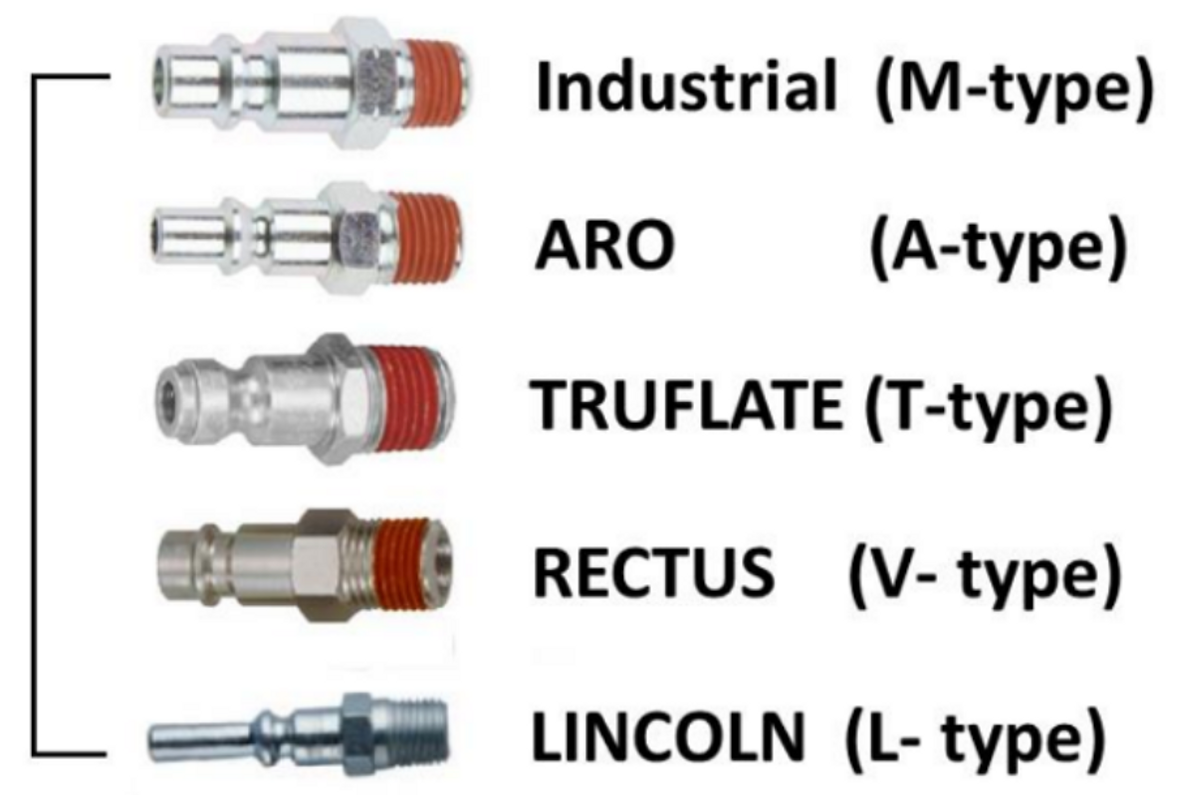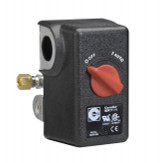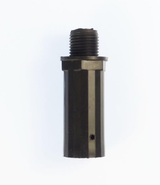The Right Fit: Choosing Air Line Couplings & Fittings for Your Tools
Are you getting the most out of your air tools? If you're experiencing drops in pressure, leaks, or just general underperformance, the culprit might not be your air compressor itself, but rather the air line couplings and fittings you're using. At Master Tool Repair, we know that every component matters, and choosing the right fittings is crucial for optimal tool performance, efficiency, and even safety.
Why Proper Fittings Matter (More Than You Think!)
It's easy to overlook the small parts, but when it comes to air systems, fittings are the unsung heroes – or the silent saboteurs. Here's why getting the "right fit" is so important:
- Maintained Air Pressure & Flow: Leaky or ill-fitting couplings can lead to significant pressure drops. This means your tools aren't getting the consistent air supply they need to operate at their peak, leading to weaker performance and longer task completion times.
- Enhanced Efficiency: When your tools run efficiently, you save energy (your compressor isn't working overtime to compensate for leaks) and time. Proper fittings ensure that the air generated by your compressor is delivered effectively to where it's needed.
- Extended Tool Lifespan: Consistent and proper air pressure reduces strain on your air tools, helping them last longer. Fluctuating pressure can cause tools to work harder than necessary, leading to premature wear and tear.
- Improved Safety: Leaking air lines can create tripping hazards and reduce overall control of your tools, potentially leading to accidents. Secure connections ensure a safer working environment.
- Reduced Noise: Leaks often generate hissing sounds, adding to workplace noise pollution. Proper fittings help maintain a quieter environment.
Common Types of Air Line Couplings & Fittings
Understanding the different types of air line couplings and fittings available can help you make an informed decision for your specific needs. While there's a wide variety, here are some of the most common you'll encounter:
- Industrial (Mil-Spec) Interchange: Often called "Type M," "Type D," or "Automotive," this is a widely used standard, especially in automotive and industrial settings. They are known for their robust design and good airflow.
- ARO (Tru-Flate) Interchange: Also known as "Type B," these fittings are popular for general-purpose air tools and are characterized by a slightly smaller male plug.
- Universal (Orion) Interchange: These fittings are designed to be compatible with both Industrial and Aro couplers, offering greater versatility if you have a mix of tools or existing air lines.
- High-Flow Fittings: Designed for applications requiring maximum airflow, these fittings minimize restriction, making them ideal for tools that demand a lot of air, like impact wrenches or grinders.
- Quick-Connect Couplings: These are essential for quickly attaching and detaching air tools without needing to shut off the air supply. They come in various interchange types (Industrial, ARO, Universal, etc.).
- Hose Barbs: Used for connecting air hoses directly to tools or other fittings, secured with clamps.
- NPT (National Pipe Taper) Threads: A common standard for threaded connections in air systems, ensuring a tight, leak-free seal when properly applied with thread sealant.
Finding the Right Fit at Master Tool Repair
At Master Tool Repair, we understand the nuances of air compressor systems and their components. We stock a comprehensive range of air line couplings and fittings, ensuring you can find the perfect match for your tools and applications.
Don't let improper fittings hold your air tools back. Visit MasterToolRepair.com today to explore our selection and experience the difference the right fit can make!
Recent Posts
-
Air Compressor Pressure Switches: Beyond the Basics of Adjustment
The Brain of the Beast: Understanding Your Pressure Switch The pressure switch is the unsung hero of …Dec 10, 2025 -
The Breath of the Pump: Why Your Air Compressor Needs a Healthy Crankcase Breather/Vent
Your air compressor is a powerhouse, a workhorse essential to your operation. We all know the import …Dec 4, 2025 -
The Quiet Killer: How a Clogged Air Compressor Filter Destroys Your Pump
A well-maintained air compressor is the lifeblood of your workshop or job site. It runs reliably, re …Nov 19, 2025




